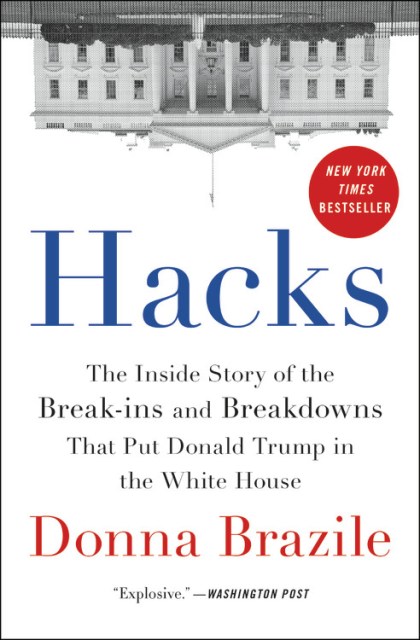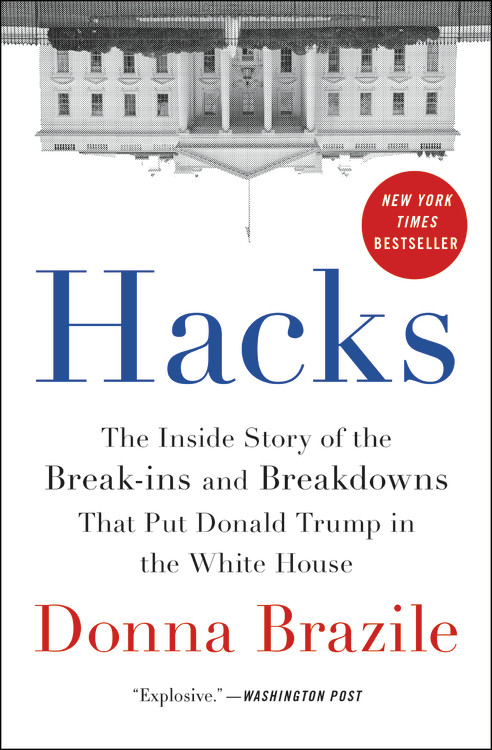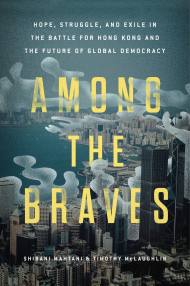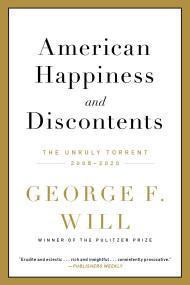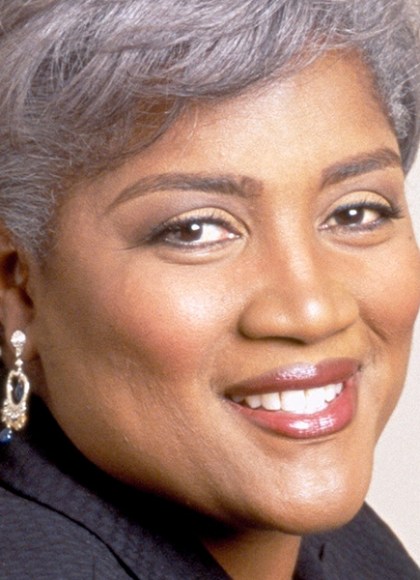By clicking “Accept,” you agree to the use of cookies and similar technologies on your device as set forth in our Cookie Policy and our Privacy Policy. Please note that certain cookies are essential for this website to function properly and do not require user consent to be deployed.
Hacks
The Inside Story of the Break-ins and Breakdowns That Put Donald Trump in the White House
Contributors
Formats and Prices
- On Sale
- Oct 16, 2018
- Page Count
- 288 pages
- Publisher
- Grand Central Publishing
- ISBN-13
- 9780316478502
Price
$21.99Price
$28.99 CADFormat
Format:
- Trade Paperback $21.99 $28.99 CAD
- Audiobook Download (Unabridged) $24.99
This item is a preorder. Your payment method will be charged immediately, and the product is expected to ship on or around October 16, 2018. This date is subject to change due to shipping delays beyond our control.
Buy from Other Retailers:
NEW YORK TIMES BESTSELLER
“Explosive… A blistering tell-all.”—Washington Post
“People should sit up, take notes and change things.”—Ace Smith, Los Angeles Times
“Brazile most certainly has a story to tell…. Vivid.”—The Guardian
From Donna Brazile, former DNC chair and legendary political operative, an explosive and revealing new look at the 2016 election: the first insider account of the Russian hacking of the DNC and the missteps by the Clinton campaign and Obama administration that enabled a Trump victory.
In the fallout of the Russian hacking of the Democratic National Committee–and as chaos threatened to consume the party’s convention–Democrats turned to a familiar figure to right the ship: Donna Brazile. Known to millions from her frequent TV appearances, she was no stranger to high stakes and dirty opponents, and the longtime Democratic strategist had a reputation in Washington as a one-stop shop for fixing sticky problems.
What Brazile found at the DNC was unlike anything she had experienced before–and much worse than is commonly known. The party was beset by infighting, scandal, and hubris, while reeling from a brazen and wholly unprecedented attempt by a foreign power to influence the presidential election. Plus, its candidate, Hillary Clinton, faced an opponent who broke every rule in the political playbook.
Packed with never-before-reported revelations about what went down in 2016, Hacks is equal parts campaign thriller, memoir, and roadmap for the future. With Democrats now in the wilderness after this historic defeat, Hacks argues that staying silent about what went wrong helps no one. Only by laying bare the missteps, miscalculations, and crimes of 2016, Brazile contends, will Americans be able to salvage their democracy.
“Explosive… A blistering tell-all.”—Washington Post
“People should sit up, take notes and change things.”—Ace Smith, Los Angeles Times
“Brazile most certainly has a story to tell…. Vivid.”—The Guardian
From Donna Brazile, former DNC chair and legendary political operative, an explosive and revealing new look at the 2016 election: the first insider account of the Russian hacking of the DNC and the missteps by the Clinton campaign and Obama administration that enabled a Trump victory.
In the fallout of the Russian hacking of the Democratic National Committee–and as chaos threatened to consume the party’s convention–Democrats turned to a familiar figure to right the ship: Donna Brazile. Known to millions from her frequent TV appearances, she was no stranger to high stakes and dirty opponents, and the longtime Democratic strategist had a reputation in Washington as a one-stop shop for fixing sticky problems.
What Brazile found at the DNC was unlike anything she had experienced before–and much worse than is commonly known. The party was beset by infighting, scandal, and hubris, while reeling from a brazen and wholly unprecedented attempt by a foreign power to influence the presidential election. Plus, its candidate, Hillary Clinton, faced an opponent who broke every rule in the political playbook.
Packed with never-before-reported revelations about what went down in 2016, Hacks is equal parts campaign thriller, memoir, and roadmap for the future. With Democrats now in the wilderness after this historic defeat, Hacks argues that staying silent about what went wrong helps no one. Only by laying bare the missteps, miscalculations, and crimes of 2016, Brazile contends, will Americans be able to salvage their democracy.
-
"With bracing honesty, enchanting self-awareness, and a wonderful storyteller's voice, Donna Brazile recounts the fascinating inside story of the 2016 campaign and what it was like being hacked. It is a deeply emotional story, but she tells it with great humor and insight. Her book is filled with urgent history and vital lessons for living in this age of cyber warfare and political discontent. This book is a triumph."Walter Isaacson, #1 New York Times bestselling author of Steve Jobs, The Innovators, and Leonardo da Vinci
-
"The former DNC chair's memoir of election defeat has it all... Brazile most certainly has a story to tell.... An easy and vivid read, everything one expects in a first-person campaign narrative--except for its detailed discussion of Russia's hacks, WikiLeaks, and threats to Brazile herself. On that score, the book is down-right alarming."The Guardian
-
"Explosive... Perhaps not since George Stephanopoulos wrote All Too Human, a 1999 memoir of his years working for former president Bill Clinton, has a political strategist penned such a blistering tell-all."Washington Post
-
"Donna Brazile is one of the truly brilliant minds in the Democratic Party, and she's venting her frustration on the way she was treated and frankly she has every right to do so.... And frankly people should sit up, take notes and change things instead of carping about it."Ace Smith, Los Angeles Times
-
"Explosive.... [Brazile] has every right to tell her story. And don't expect her to ask anyone for permission."Ruben Navarrette, syndicated columnist, the Washington PostWriters Group.
-
"[Brazile] does have a story to tell that the Democrats shouldn't dismiss, if they intend to win the White House in 2020.... The book is a fun read... The conjunction of Brazile's indiscreet book ... suggests that talking bluntly about the Party's mistakes might not be a hindrance. A dose of [Brazile's] Dolores might even help."Amy Davidson Sorkin, The New Yorker
-
"Since [Brazile] had a front-row seat to everything that happened last year, her analysis and recollections of that volcanic election are valuable by definition. But what she has to tell us doesn't fit easily into the simple moral framework that now guides all our thinkings on politics.... That's where we are today: spies and lies; technocrats and math; fake populism and bad algorithms. How far we have gone from the noble causes for which people like Donna Brazile once signed up."Thomas Frank, TheGuardian
Newsletter Signup
By clicking ‘Sign Up,’ I acknowledge that I have read and agree to Hachette Book Group’s Privacy Policy and Terms of Use
